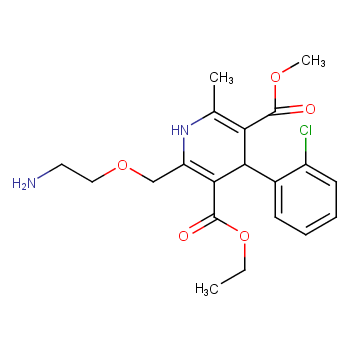Cardiovascular drug APIs (active pharmaceutical ingredients) are the chemical compounds that are responsible for the therapeutic effects of cardiovascular medications. These APIs are the key ingredients in medications used to treat a wide range of cardiovascular conditions, including hypertension, angina, heart failure, arrhythmias, and hyperlipidemia.
Some of the most commonly used cardiovascular drug APIs include:
Amlodipine: Amlodipine is a calcium channel blocker that is used to lower blood pressure and treat angina.
Atorvastatin: Atorvastatin is a statin medication that is used to lower LDL cholesterol levels and reduce the risk of heart disease.
Lisinopril: Lisinopril is an ACE inhibitor that is used to lower blood pressure and reduce the risk of heart attack and stroke.
Metoprolol: Metoprolol is a beta blocker that is used to lower blood pressure and reduce the risk of heart attack and stroke.
Warfarin: Warfarin is an anticoagulant that is used to prevent blood clots from forming and reduce the risk of stroke.
Digoxin: Digoxin is a cardiac glycoside that is used to improve the strength and efficiency of the heart's contractions, which can help to manage heart failure.
Diltiazem: Diltiazem is a calcium channel blocker that is used to treat hypertension and angina.
The development of cardiovascular drug APIs is a complex process that involves extensive research and testing to ensure their safety and efficacy. Once an API has been developed and tested, it can be used to manufacture a range of cardiovascular medications that are prescribed to millions of patients worldwide.
+more
![calcium;(3R,5R)-7-[2-(4-fluorophenyl)-4-(C-oxido-N-phenylcarbonimidoyl)-3-phenyl-5-propan-2-ylpyrrol-1-yl]-3,5-dihydroxyheptanoate;(3R,5R)-7-[2-(4-fluorophenyl)-3-phenyl-4-(phenylcarbamoyl)-5-propan-2-ylpyrrol-1-yl]-3,5-dihydroxyheptanoic acid; 134523-03-8 structural formula](https://structimg.guidechem.com/9/9/30488.png)


















